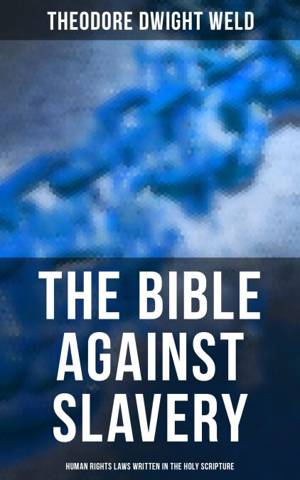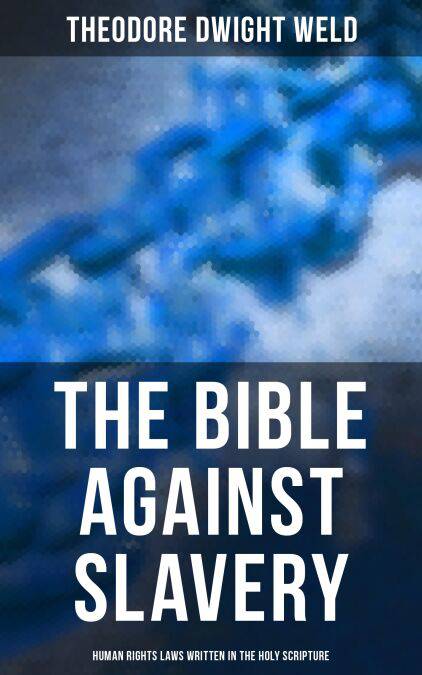
- Retrait en 2 heures
- Assortiment impressionnant
- Paiement sécurisé
- Toujours un magasin près de chez vous
- Retrait gratuit dans votre magasin Club
- 7.000.0000 titres dans notre catalogue
- Payer en toute sécurité
- Toujours un magasin près de chez vous
The Bible Against Slavery: Human Rights Laws Written in the Holy Scripture EBOOK
Theodore Dwight Weld
Ebook | Anglais
1,99 €
+ 1 points
Description
In 'The Bible Against Slavery: Human Rights Laws Written in the Holy Scripture', Theodore Dwight Weld delves into the religious text to uncover the moral arguments against the institution of slavery. Focusing on the ethical teachings found within the Bible, Weld presents a thorough analysis of the scriptures to demonstrate how they conflict with the practice of owning human beings. The book is written in a scholarly and accessible style, making it a valuable resource for those interested in the intersections of religion and social justice in the context of the abolitionist movement of the 19th century. Weld's thorough research and persuasive arguments make this book essential reading for anyone seeking to understand the religious foundations of the anti-slavery movement. Theodore Dwight Weld, a prominent abolitionist and social reformer, was deeply committed to the cause of ending slavery and used his platform as a writer to advocate for the rights of the oppressed. His personal experiences and dedication to human rights issues shine through in this compelling work. I highly recommend 'The Bible Against Slavery' to readers interested in exploring the moral complexities of slavery through a religious lens, and for those interested in understanding the role of religion in shaping social movements for justice.
Spécifications
Parties prenantes
- Auteur(s) :
- Editeur:
Contenu
- Nombre de pages :
- 85
- Langue:
- Anglais
Caractéristiques
- EAN:
- 4064066392871
- Date de parution :
- 16-12-20
- Format:
- Ebook
- Protection digitale:
- Digital watermarking
- Format numérique:
- ePub

Seulement chez Librairie Club
+ 1 points sur votre carte client de Librairie Club
Les avis
Nous publions uniquement les avis qui respectent les conditions requises. Consultez nos conditions pour les avis.





